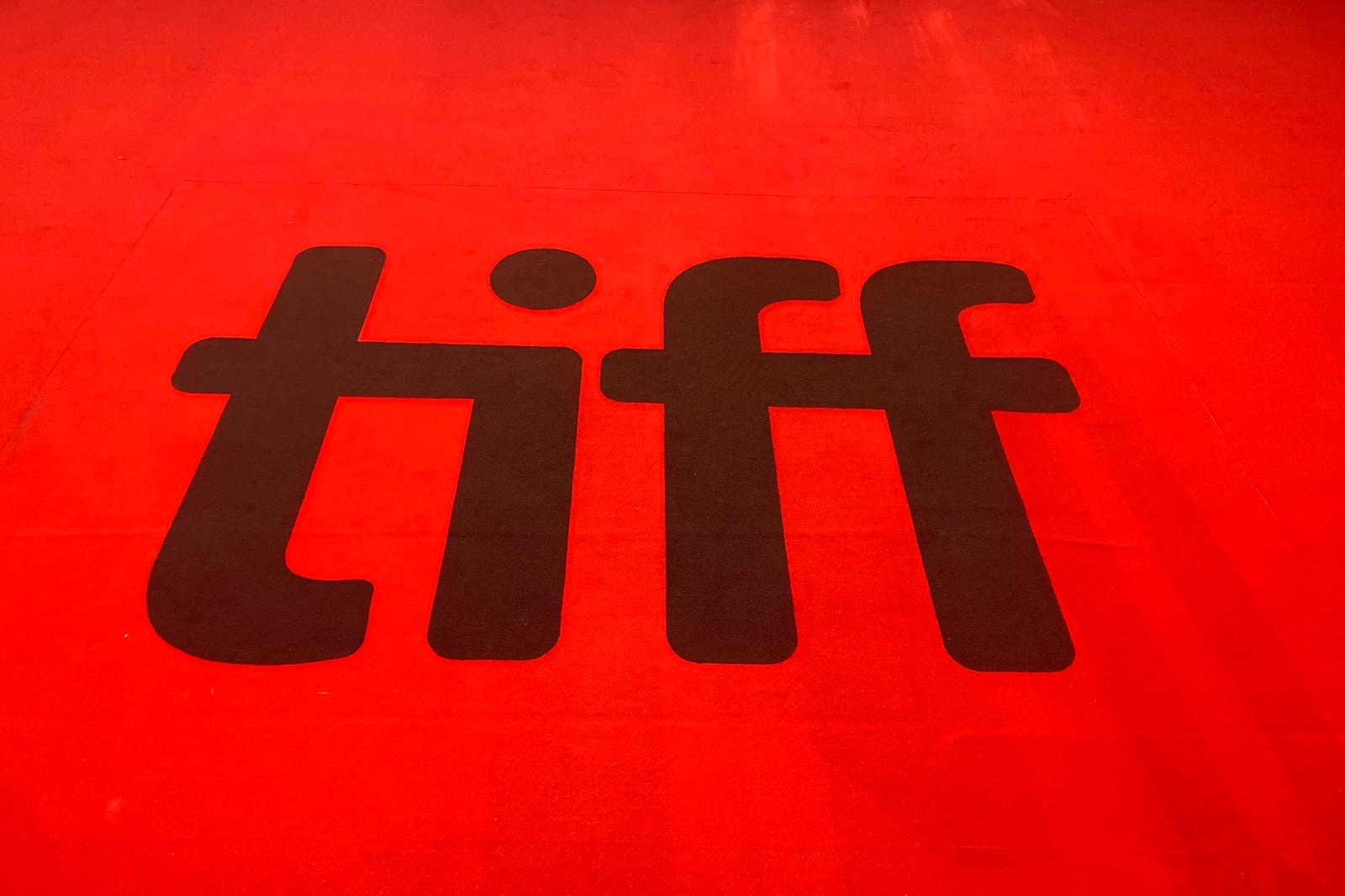
Listen to the full story here:
Russians at War aired twice this week at TIFF, despite a tumultuous public debate over whether the documentary should be shown at all.
The documentary was supposed to air as part of the festival, but was cancelled amid public outcry and security concerns.
Ultimately, TIFF showed the film — though not as part of its annual festival. It aired at 2 p.m. and 6:30 p.m. on Tuesday, per the website.
“We believe this film has earned a place in our Festival’s lineup, and we are committed to screening it when it is safe to do so,” TIFF said in their statement released September 12.
The organisation had announced it would pause all screenings of the film because of protests from Ukrainian community groups earlier in the week at a screening for media and industry members. In social media posts, some protestors called the film “Russian propaganda.”
TIFF wrote that while it “[supports] civil discourse about and through films, including differences of opinion”, their initial decision to pause the film was made because of “significant threats to festival operations and public safety.” The Toronto Police Service has said the decision to suspend the film was not made based on their recommendation.
According to the Toronto Star, Russians At War tells the story of Canadian-Russian director Anastasia Trofimova for seven months as she follows soldiers and medics on the front lines of Russia-occupied Ukraine. Trofimova told the CBC she filmed the documentary without Russia’s permission — putting her at risk of criminal prosecution. She said her goal was to humanise the soldiers who are ordinary Russians civilians.
Arne Kislenko, an international relations professor at TMU, told OTR that while he “fully support[s] people’s right to protest,” he didn’t think the film showed “any substantial pro-Russian sentiments.”
“It paints a rather dark and depressing picture of the Russian armed forces: without any morale or conviction, populated chiefly by people who have lost any sense of why they are there, and who are either ignorant or wilfully blind to the realities of Russia’s unprovoked aggression,” Kislenko said.
TIFF’s decision to pause screenings and then open them back up was a double reversal. Last week, the festival responded to backlash by saying the film was “in no way” Russian propaganda and that screenings would happen as planned.
“Many argue that [the film] overly humanises the role of the Russian military,” Diana Cucuz, an instructor at TMU whose research specialises in Russian and Cold War history.
Cucuz added that the film opposes anger towards Russia in their war against Ukraine, specifically in Western media. The film does not depict or address the full extent of atrocities committed against Ukraine, she said.
“There are questions surrounding Trofimova’s intentions, goals and relationship with the Russian government, particularly given her past work for [Russian State-controlled News Network],” Cucuz said.
In an interview with CBC’s Front Burner, however, Trofimova explained that she decided to make the documentary because she noticed that traditional media’s coverage on the Russia-Ukraine war “simplified it to very black and white descriptions of people.”In that interview, Trofimova added that she “was searching for answers to try to figure out the portraits of people, ordinary people who were there.”
According to the CBC, the Ukraine Canadian Congress (UCC) helped organise the protests with the help of government officials like Deputy Prime Minister of Canada, Chrystia Freeland, who is of Ukrainian heritage and was banned from visiting Russia in 2014. According to CBC, Freeland said Wednesday that she had “great concerns” about the film and that Canadian money shouldn’t be used to fund its production.
The UCC is pushing for the film removal on the basis of a violation of Sec. 318 of the Criminal Code, advocating genocide. In addition, they are calling for the resignation of the TIFF Board of Directors.
They are also calling for an investigation into why Canadian taxpayer money went towards financing the production. The film received $340,000 through the Canada Media Fund in association with TVOntario. In an earlier statement, TVO said it was no longer supporting the film. On Thursday, Russians At War’s legal team threatened TVO with legal action for pulling the film.
A 2023 UN-backed inquiry found Russian attacks against Ukrainian civilians as war crimes and possibly crimes against humanity. According to CBC, Russia has repeatedly denied these accusations.

